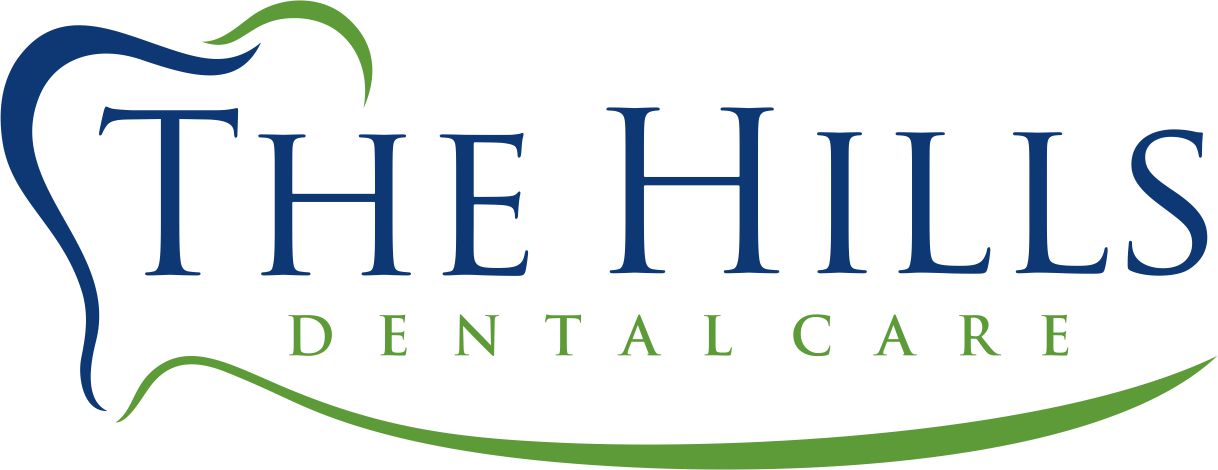Did you know that according to The Stanford Center for Sleep Sciences and Medicine, obstructive sleep apnea affects 10% of all Americans, totaling roughly 30 million people? Not only that, but most cases go undiagnosed as well. At Hills Dental, we can help identify and treat sleep apnea for you.
Common symptoms of sleep apnea may include waking up with a dry throat, loud snoring, sleepiness, morning headaches, restless sleep, forgetfulness, mood changes or loss of concentration. The long term impact of OSA can be more severe. OSA has been linked to a number of health problems such as high blood pressure, stroke, heart failure, irregular heartbeats, heart attacks, diabetes, depressions, and attention deficit hyperactivity disorder (ADHD).
Treatment options can range from something as simple as a change in sleeping position to surgery. One common treatment is a mask that fits over your nose and/or mouth while you sleep (known as continuous positive airway pressure, or CPAP). The mask is attached to a machine that helps keep the airway open and supplies air while you sleep.
Another treatment for sleep apnea is an oral appliance made by your dentist. Usually, these appliances are recommended for mild or moderate sleep apnea and who cannot tolerate a CPAP. One major benefit of this treatment method is its simplicity; it works by gently repositioning your tongue and lower jaw while you sleep. This helps to keep your airway open so you can breathe easier and sleep better. Compared to the CPAP, an oral appliance is much less cumbersome because there are no external parts such as a mask or tubes.
As with any medical or dental treatment, each person needs to have a treatment plan that is customized and tailored to address their needs. If you have been diagnosed with sleep apnea and are interested in an oral appliance then you should make an appointment with you dentist.
Maxillomandibular advancement is another type of procedure used to assist with sleep apnea. This procedure involves the upper and lower part of the jaw. In this procedure, the jaw is moved forward from the rest of the facial bones. This allows for more room behind the soft palate, thereby reducing the obstruction.
Finally, a tracheostomy is a last ditch effort when other treatments have failed. This involves the surgeon inserting a tube in your throat so you can breathe. It is covered during the day, but opens at night while you sleep. All of the aforementioned surgeries are routine and very safe.
What isn’t so safe is if you allow sleep apnea to rob you of daytime alertness while driving. Be aware that untreated sleep apnea puts you at risk for serious conditions including heart attack, stroke, congestive heart failure, and others.
Don’t wait for sleep apnea to get the best of you. Learn how Hills Dental can help today!

